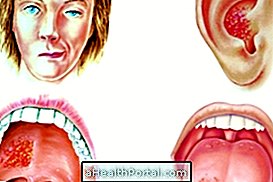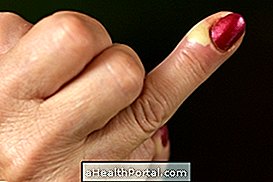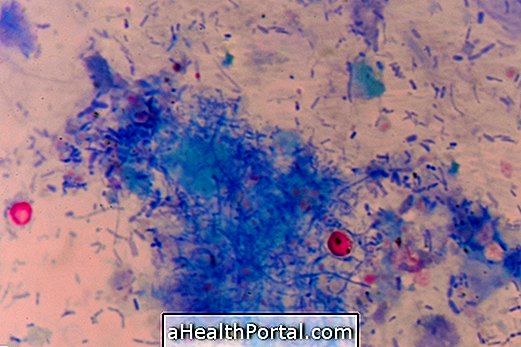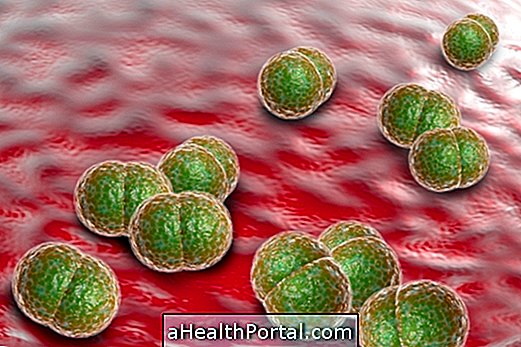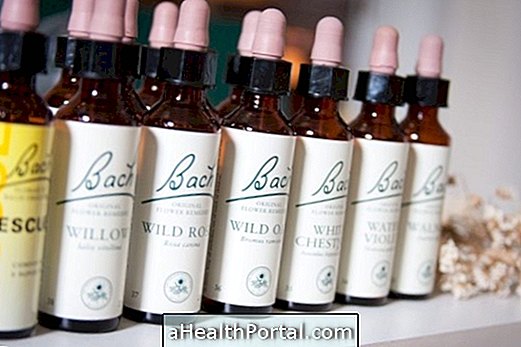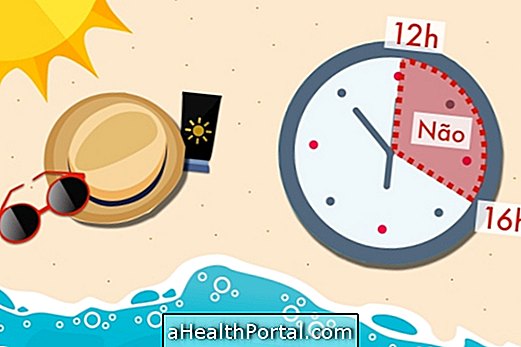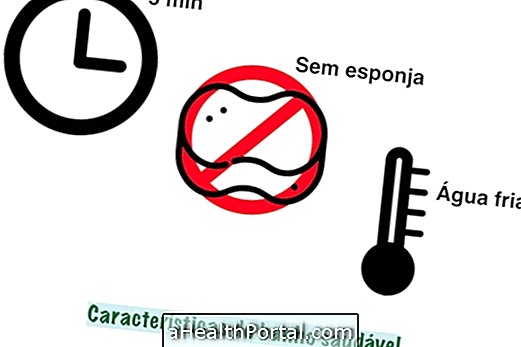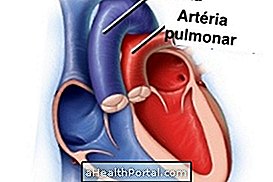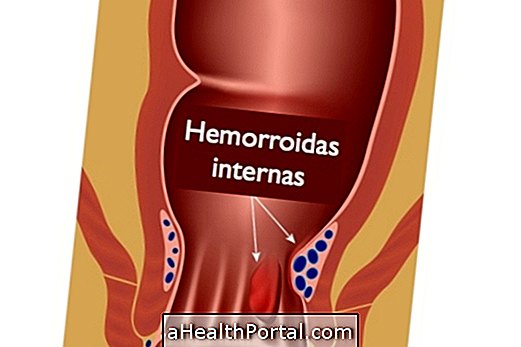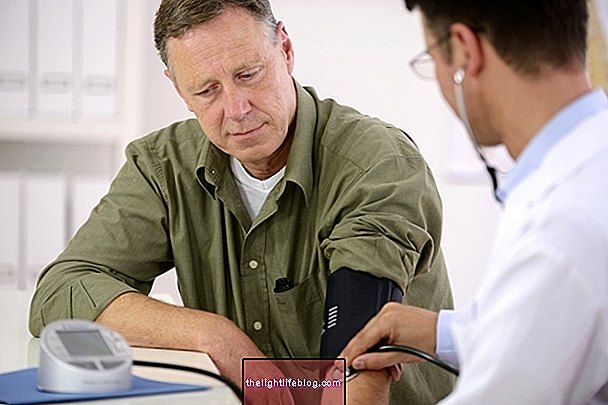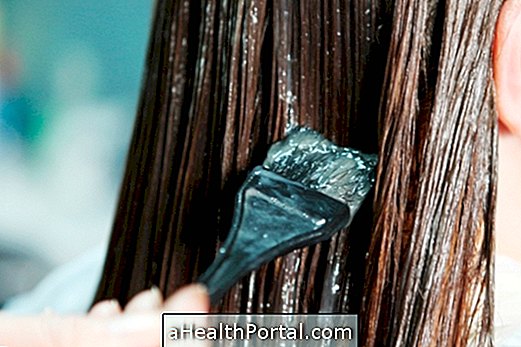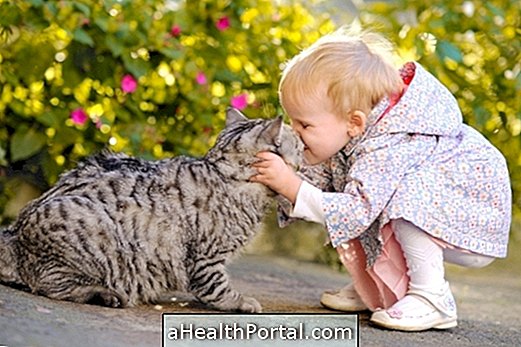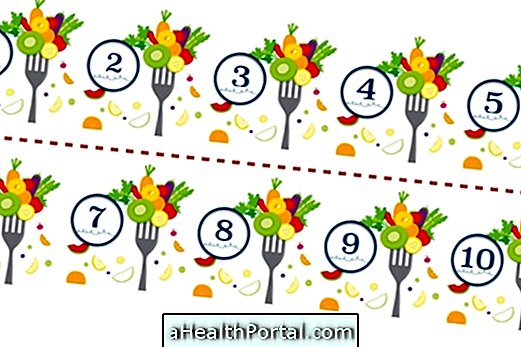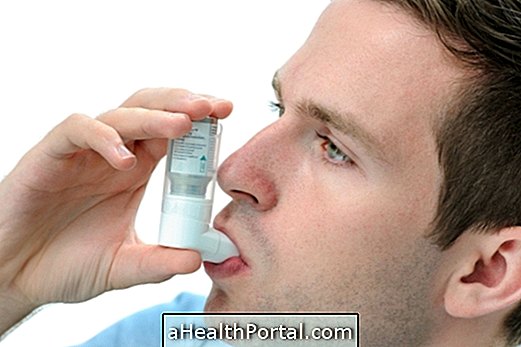The transmission of measles happens very easily through the coughing or sneezing of an infected person as the disease virus develops rapidly in the nose and throat and is released into the saliva.
However, the virus can also survive up to 2 hours in the air or on surfaces inside the room where the infected person sneezed or coughed. In such cases, if the virus can get in contact with a healthy person's eyes, nose or mouth, after touching their hands on these surfaces and then touching their face, for example, the disease can be transmitted.
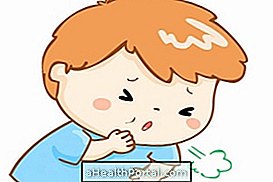

Until when is it possible to transmit the virus?
The person with measles can transmit the disease from 4 days before the onset of the first symptoms until 4 days after the appearance of the first patches on the skin.
It is therefore always recommended that the infected person, or who thinks he may be infected, be isolated in a room of the house or wear a mask for at least 1 week to prevent the virus from escaping into the air when coughing or sneezing, for example.
How many times can you take measles
Most people only get measles once in a lifetime, because after infection the immune system creates antibodies that are able to kill the virus the next time it comes in contact with the body, and there is no time for symptoms to appear.
In this way, vaccination is very important because it provides the body with the virus inactive so that the immune system creates antibodies without the virus having to develop and produce symptoms.
How to protect yourself from measles
The best way to prevent measles is vaccination, which must be done in two phases in childhood, the first between 12 and 15 months, and the second, between 4 and 6 years of age. After taking the vaccine, you will be protected for life. Adults who have not been vaccinated as children may take the vaccine as a single dose.
However, if you have not taken the vaccine, there are some precautions that help protect you in the event of a measles epidemic, such as:
- Avoid places with lots of people, such as malls, markets, buses or parks, for example;
- Wash hands often with soap and water;
- Avoid putting your hands on your face, especially before washing them;
- Avoid close contact, such as hugs or kisses, with people who may be contaminated.
If it is suspected that someone may be contaminated with measles, it is recommended to take the person to the hospital using a mask or tissue to cover the nose and mouth, especially if coughing or sneezing is required.
Understand how the treatment of measles is done.

